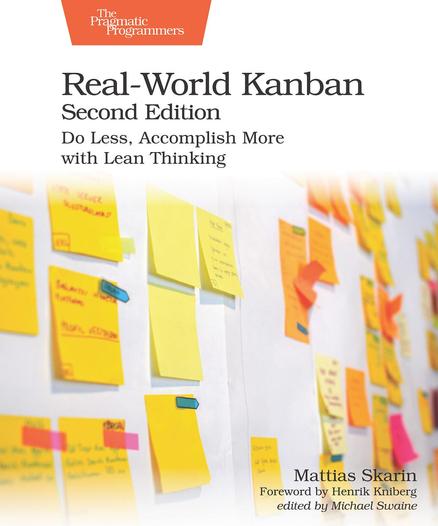Cut delivery time in half. Build trust across teams. See how real companies used Kanban.
Real-World Kanban 2e, now in print.
Read more: https://bit.ly/45l73uX
Book: https://bit.ly/4o1Q9ZX

Cut delivery time in half. Build trust across teams. See how real companies used Kanban.
Real-World Kanban 2e, now in print.
Read more: https://bit.ly/45l73uX
Book: https://bit.ly/4o1Q9ZX

In my STEM studies, the content is typically objective, factual, mechanical, and devoid of humanity.
More recently, first through #leanthinking, and then into #agile, #systemsthinking, #industrialengineering, I've come to realize that engineering with humanity creates progress for everyone, for the long term.
Thinkers like Galbraith, Follett, and Matthews show us a fair path, showing the bigger picture and putting humanity over profits.
IMHO, @debcha belongs in that same pantheon.
1/


Simplicity makes systems stronger. And simpler is almost always harder.
#LeanThinking #Agile #LessIsMore
Every roll of Green Aware compostable bags I’ve ever bought is deeply frustrating to open. Refuse to believe they are not ‘aware’ (both puns deliberate).
I hate products that make it so hard to remove the packaging that you actually damage the contents. I suppose there can be a strong commercial disincentive to fixing a user problem that generates more sales.
Read another commentary on the NHS that included the phrase 'improve productivity'
To achieve this:
1. Stop asking staff, especially clinicians, to do more
2. Streamline processes to remove non-value adding tasks
3. **Make things easier** e.g. issue personal devices that enable staff to write the electronic records we ask them to produce
I know, simple isn't it?